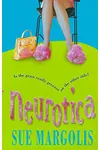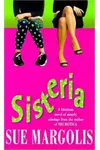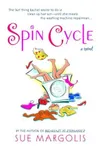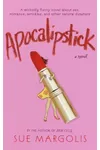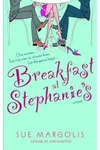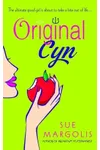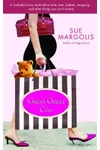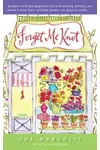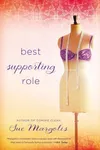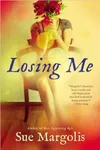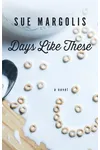Picture a British storyteller who spun tales of love and laughter with a fearless flair—meet Sue Margolis! Born in 1955, this former BBC radio reporter turned romantic comedy novelist captured hearts with her witty prose and relatable heroines. From her debut Neurotica to her later works, Margolis’s sharp humor and bold storytelling made her a standout in contemporary literature.
With over half a million books sold worldwide, Margolis crafted stories that blended romance, comedy, and the quirks of modern life. Her journey from reporting for BBC Radio 4’s Woman’s Hour to penning bestsellers at 40 is as inspiring as her novels are entertaining. Let’s dive into the life and legacy of this beloved author!
The Making of Sue Margolis
Sue Margolis, born Susan Linda Wener in 1955 in Gants Hill, East London, grew up in a vibrant, aspirational community. The daughter of a former RAF man turned civil servant and a nurse turned bank clerk, she was encouraged to chase her dreams despite failing the eleven-plus exam. After passing the 13-plus, she attended grammar school and later studied politics at Nottingham University, where she met her husband, Jonathan Margolis, a journalist. Initially training as a junior school teacher, a hiring freeze in Leeds led her to a 15-year career at the BBC, where she reported for Woman’s Hour, covering lighthearted stories with her signature comedic touch.
It wasn’t until 1995, at age 40, that Margolis began writing fiction. Using her son’s computer while he was at school, she penned the first chapter of Neurotica, a bold romantic comedy that launched her literary career. Her transition from radio to novels showcased her knack for storytelling, proving that it’s never too late to follow a creative calling.
Sue Margolis’s Unforgettable Stories
Margolis’s novels are a delightful blend of romantic comedy and sharp-witted social commentary, often featuring strong, relatable female protagonists navigating love, family, and career chaos. Her debut, Neurotica (1998), follows journalist Anna Shapiro’s humorous quest for sexual fulfillment, earning praise for its bold humor and Jewish suburban angst. The book became a bestseller in the UK, US, and Germany, with Bette Midler briefly optioning it for a film.
Apocalipstick (2003) is another fan favorite, chronicling beauty columnist Rebecca Fine’s misadventures in love and investigative journalism. With its Benny Hill-esque humor and clever plot, it caught NBC’s attention for a potential TV series. Other notable works include Gucci Gucci Coo (2006), a funny tale of single motherhood and rival coffee shops, and Losing Me (2015), which explores mature women’s lives with wit and warmth. Margolis’s fearless style—free of writer’s block and rich with polished comedy—set her apart, though she resisted the “chick lit” label, preferring to call her work romantic comedy.
Her writing process was disciplined, treating authorship like a job with daily 10 a.m. writing sessions. Margolis’s ability to weave humor into everyday struggles, from parenting to romance, resonated with readers, particularly in the US, where her Jewish humor found a warm reception.
Why Sue Margolis Matters
Sue Margolis left an indelible mark on romantic comedy, proving that women’s stories—funny, flawed, and fearless—deserve center stage. Her novels, with over half a million copies sold, offered readers an escape into worlds where humor triumphed over hardship. Her sharp dialogue and cultural references, from politics to psychotherapy, elevated her work beyond typical genre fare, earning her a loyal following.
Despite her passing in 2017 from lung cancer, Margolis’s legacy endures through her 14 novels and the laughter they inspire. Her journey from BBC reporter to bestselling author at 40 remains a testament to resilience and reinvention, inspiring aspiring writers to take bold creative risks.
- Born: January 5, 1955, Gants Hill, East London
- Key Works: Neurotica, Apocalipstick, Gucci Gucci Coo, Losing Me
- Career Shift: From BBC radio reporter to novelist at age 40
- Family: Married to journalist Jonathan Margolis, with three children
Snag Neurotica or Apocalipstick and dive into Sue Margolis’s hilarious, heartwarming world of romantic comedy!
